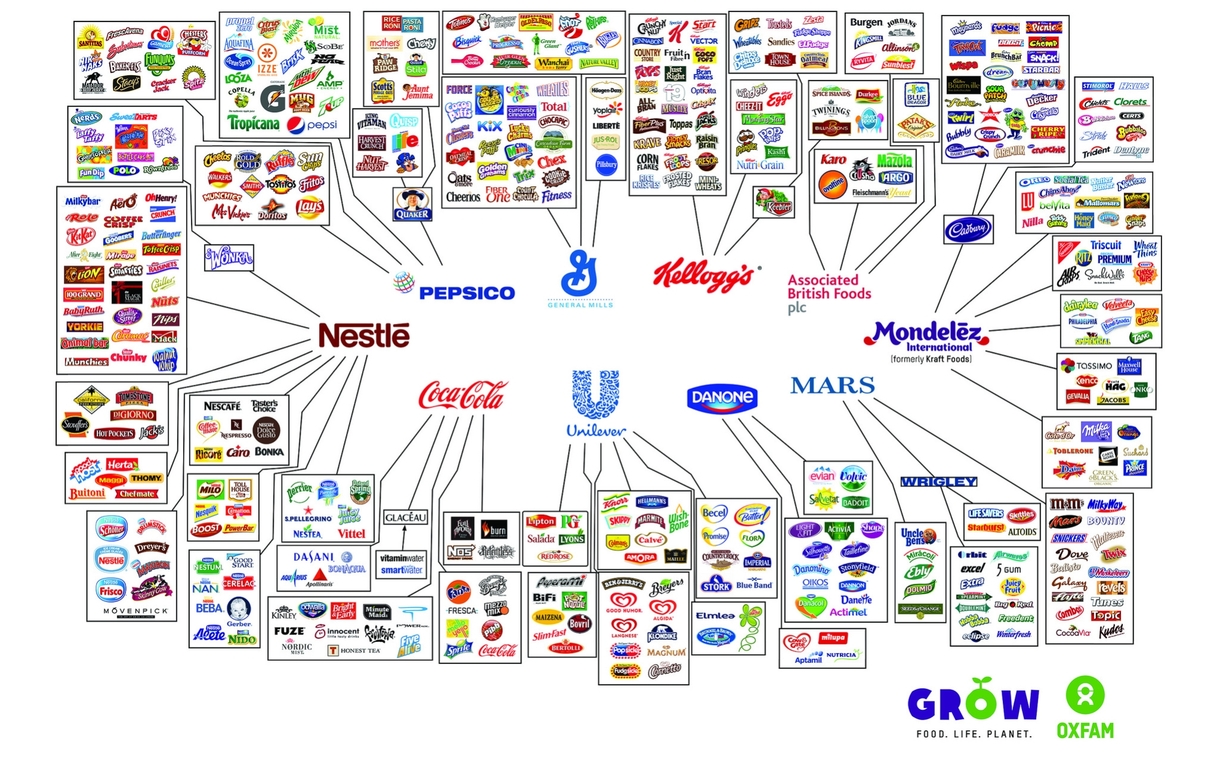10 everyday food brands—and the few giant companies that own them
Which companies are actually behind the food and drinks we buy every day? Most of us would like to know the answers—but, unlike nutrition information, they’re not always written on the label.
That’s why thousands of you have commented on and shared Oxfam’s new infographic (below; click to enlarge) making the connections between big companies and some very familiar brands.
Those 10 companies in the middle are now the biggest food and beverage companies in the world. Together, they generate revenues of more than $1.1 billion a day. They also employ millions of people in poor countries, directly and indirectly, to grow and produce their products. Because of their global reach and influence, these companies could play a big role in reducing poverty, hunger, and inequality. But right now, they’re not doing enough.
Oxfam spent 18 months looking closely at how the “big 10” say they do business. Then we created an easy-to-use scorecard—a “behind the brands” look—comparing and contrasting their policies and commitments. We discovered that all 10 need to do a whole lot more to support farmers, communities, and our planet. You’ll find more information about their scores below, along with some surprising connections to everyday products that are probably staples in your grocery cart.
One thing to remember, though: you don’t need to stop buying these products in order to make a difference. Instead, make your voice heard. Check out the Behind the Brands scorecard. Get the facts. Then use your power as a consumer to tell companies exactly what needs to change. After all, no company is too big to listen to its customers.
UPDATE, DECEMBER 2014: Find out how people like you have teamed up with Oxfam to successfully change how these companies do business, with big victories on climate change, fairness for cocoa farmers, and more!
-
1. Skinny Cow, owned by Nestlé
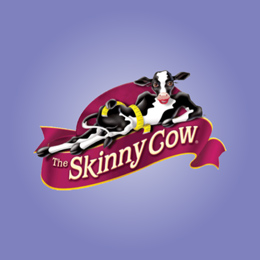
These low-guilt desserts are just one of many brands owned by Nestlé, the company behind Nestlé Crunch, Nescafe, and a host of other products. Among the companies on Oxfam’s Behind the Brands scorecard, Nestlé is near the top; it leads the way on climate change and water usage, and is the most transparent. A failure to condemn land grabs and to support women in its supply chains prevent it from being a true sector leader on policy, though. Find out more and send Nestlé a message here.
-
2. Tropicana, owned by PepsiCo
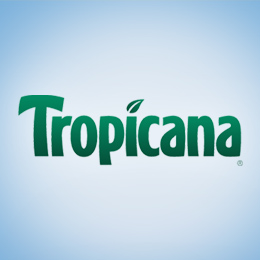
Who doesn’t drink a glass of OJ now and then, especially in the winter when colds and flu are rampant? The “Florida sunshine” brand is actually owned by PepsiCo, which owns not only Pepsi but Quaker Oats, Doritos, and many other common brands. PepsiCo fizzes in the top half of Oxfam’s scorecard, particularly for its water policies, but still falls flat on land use, the treatment of women, and transparency. Find out more about PepsiCo’s score and send them a message here.
-
3. Ben & Jerry’s, owned by Unilever
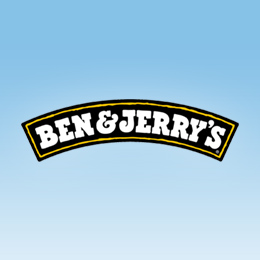
For me, this was the biggest surprise—that the quirky, hippie, eco-friendly ice-cream brand is owned by Unilever, a mega-company that also owns Lipton, Slim-Fast, and all kinds of other products. Near the top of Oxfam’s Behind the Brands scorecard, Unilever scores well on its policies supporting small-scale farmers, workers’ rights, and managing water usage, but its record on women’s rights and land rights leaves plenty to be desired. Ask Unilever to do better by sending a message here.
-
4. Oreos, owned by Mondelez International

Whether you like cookie or the crème, you may not know that “America’s favorite cookie” is actually owned by Mondelez International, the giant company behind Toblerone, Chips Ahoy, and other chocolate delights. Unfortunately, Oxfam’s scorecard found that Mondelez’ business behavior is less than sweet: their policies score poorly on climate change and water, and could do more for women’s rights, workers’ rights, and land use, though there are some positives around farmers. Take action here to ask Mondelez to do better.
-
5. Dasani, owned by Coca-Cola
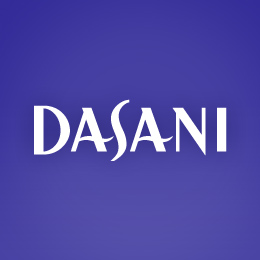
This popular bottled water is owned by one of the most well-known companies in the world: Coca-Cola. Even if soda isn’t your thing, you’ve probably bought one of Coke’s beverages recently, whether it was Odwalla juice or Vitamin Water. Not quite the real thing on Oxfam’s scorecard, Coke scores higher on policies related to worker’s rights, climate change, transparency and the treatment of women, but is left trailing the top companies due to poor performance on land rights and support for farmers. Learn more about Coke’s score and take action here.
-
6. Twinings, owned by Associated British Foods
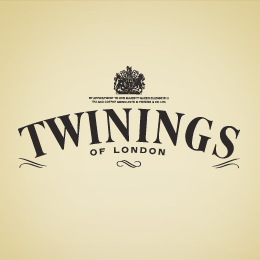
A long-ago job at a café introduced me to the delights of oolong tea, and this classic British tea brand makes one of the best oolongs around. It’s owned by Associated British Foods (ABF), which scores poorly on Oxfam’s scorecard for its policies assessing impact on food producers, communities, and the planet, and does even worse on supporting women and land rights, as well as responding to climate change. They are making progress on transparency and workers’ rights, but, overall, they could try harder. A lot harder. Explore the issues and ask ABF to do better here.
-
7. M&M’s, owned by Mars
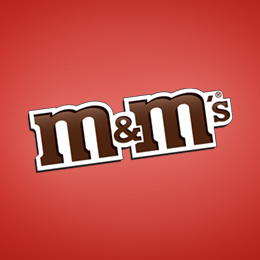
These tiny, colorful chocolates are so iconic, you don’t even need to see the signature “M” to recognize them pretty much anywhere. Mars, the company behind M&M’s, Snickers, Three Musketeers, and many other candies that graced the Halloweens of my childhood, is neither horrific nor heroic on Oxfam’s scorecard. They score poorly in terms of supporting women and protecting land rights, but fare better when it comes to their policies on transparency and recognizing issues faced by small-scale farmers. Learn more about Mars’ scores and take action here.
-
8. Dannon, owned by Danone
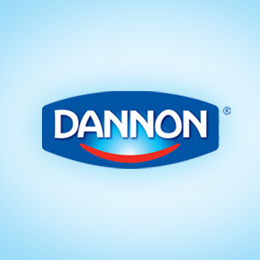
We are huge yogurt fans in my household, so we buy a lot of Dannon products. The company behind Dannon is actually the similarly-named Danone, which seems to have the yogurt market cornered with brands like Oikos, Stonyfield, Light & Fit, and more. So how does the dairy giant perform on Oxfam’s scorecard? The good news is that Danone’s policies are above average on water and transparency. But the bad news is that it lacks any commitment to supporting women, farmers or land rights. Send Danone a message here and ask them to do better.
-
9. Old El Paso, owned by General Mills
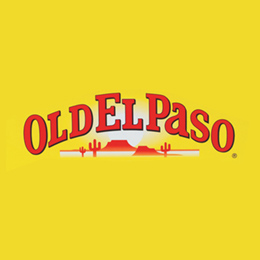
This brand’s yellow and red logo is a big presence on grocery store shelves; most of us have bought their tacos, salsas, or tortillas at one time or another. The big 10 company behind Old El Paso is actually General Mills, owner of brands ranging from Cheerios to Nature Valley. Oxfam’s Behind the Brands scorecard found that General Mills has a limited understanding on water but no commitment to food producers, land rights, or tackling climate change, and no anti-biofuel advocacy. Learn more and send General Mills a message here.
-
10. Special K, owned by Kellogg’s
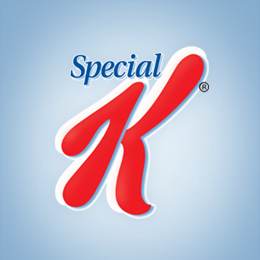
Okay, you probably knew that Special K cereal is owned by Kellogg’s—no secret there. But did you know that Kellogg’s also owns Corn Flakes, Pop-tarts, and tons of other breakfast-y brands (including one of my favorites, Kashi)? Oxfam’s scorecard found that Kellogg’s policies on land rights, worker’s rights, and support for small-scale producers are distinctly lacking in snap, crackle, and pop. It is at least more transparent about its business than some other companies, however. Learn more and send Kellogg’s a message here.
